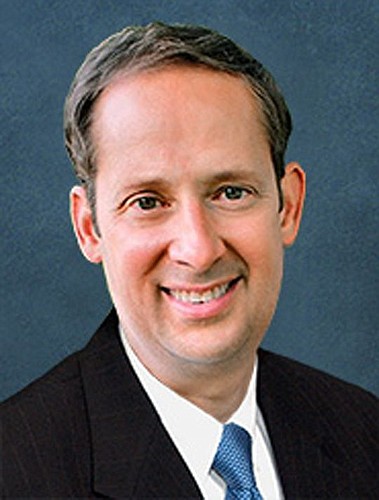
Lawmakers will face a tight budget during next year’s legislative session and will likely need to take action to head off a shortfall in the near future, a new report suggests.
A draft of the state’s “long-range financial outlook,” set to be considered by a legislative commission next week, raises the prospect that “a structural imbalance” is looming.
For the coming budget year, which begins July 1, the outlook projects a surplus of just $7.5 million — a tiny sliver of the state spending plan, which is now roughly $82 billion. The following year, a budget gap of $1.3 billion could open up, followed by $1.8 billion the year after that.
That could force lawmakers to scale back spending or, less likely in a Legislature dominated by Republicans, to boost taxes to pay for budget increases in areas like education and health care.
The outlook, which is prepared by state economists, is not official until approved by the Joint Legislative Budget Commission, which is made up of legislators.
However, there are conclusions in the report that could change the potential shortfalls, in some cases dramatically.
For example, the outlook assumes some increases in spending on areas like education and health care, projecting them to be handled the same as they have been in recent budget years.
It includes a three-year average of tax cuts and projects similar decisions in the coming session.
And it accounts for lawmakers setting aside $1 billion each year to deal with unexpected changes in the economy or additional needs that could crop up.
Still, legislative leaders admit the forecast will prompt lawmakers to consider changes to state spending.
“I think it shows that we will have difficult choices to make in the upcoming session, and I think it will force us to make decisions between competing priorities,” incoming Senate President Joe Negron, R-Stuart, said.
He said lawmakers who oversee different areas of the state budget will have to take a deep look at whether to continue spending on items approved by previous legislatures.
“We can’t simply reaffirm the priorities of yesterday,” Negron said.